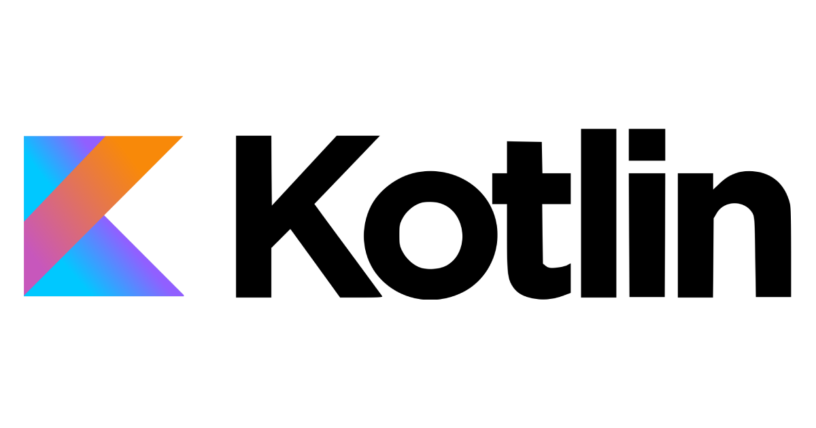Table of Contents
Introduction – Kotlin
Originally created by JetBrains, Kotlin has become a well-known and effective programming language for a variety of uses, including web development. Built with modern features, interoperability with Java, and a concise syntax, Kotlin is a great alternative for creating scalable and reliable web applications. This post will discuss the benefits and drawbacks of utilizing Kotlin for web development and provide some educational materials for prospective software developers.
Advantages of Using Kotlin for Web Development:
- Concise Syntax: Kotlin’s concise syntax reduces boilerplate code, making it more expressive and readable. This can lead to increased productivity and a more enjoyable development experience.
- Interoperability with Java: Kotlin seamlessly interoperates with Java, allowing developers to leverage existing Java libraries and frameworks. This makes it an excellent choice for teams transitioning from Java to Kotlin or for projects that require the use of Java components.
- Null Safety: Kotlin addresses the notorious null pointer exceptions by introducing a robust null safety system. This feature helps prevent common runtime errors and enhances the reliability of web applications.
- Coroutines for Asynchronous Programming: Kotlin introduces coroutines, simplifying asynchronous programming. This feature makes it easier to handle tasks such as network requests, improving the performance and responsiveness of web applications.
- Extension Functions: Kotlin allows developers to extend existing classes with new functionality through extension functions. This feature promotes a clean and modular code structure.
Disadvantages of Using Kotlin for Web Development:
- Learning Curve: Although Kotlin is designed to be easy to learn, there might be a learning curve for developers who are new to the language, especially if they are transitioning from languages with significantly different syntax.
- Community and Ecosystem: While Kotlin’s community is growing, it might not be as extensive as some other languages. This can lead to fewer third-party libraries and resources compared to more established languages like JavaScript.
- Compilation Time: Kotlin’s compilation time can be longer than that of some other languages. While improvements have been made, large projects may experience slower build times.

Learning Resources for Kotlin Web Development:
- Official Documentation: Start with the official Kotlin documentation to get a comprehensive understanding of the language, syntax, and features.
- Kotlin Koans: The Kotlin Koans provide interactive exercises to help you practice Kotlin in a hands-on manner.
- Books:
- “Kotlin in Action” by Dmitry Jemerov and Svetlana Isakova is a widely acclaimed book that covers Kotlin’s features and practical usage.
- “Programming Kotlin” by Venkat Subramaniam is another excellent resource for mastering Kotlin.
- Online Courses:
- Frameworks: Explore web development frameworks like Ktor and Spring Boot to understand how Kotlin is applied in real-world projects.
Conclusion – Kotlin
In conclusion, Kotlin has shown to be a useful tool for web developers, providing a cutting-edge and feature-rich substitute for conventional languages. Although Kotlin has its share of drawbacks, most agree that it improves web development in terms of effectiveness, security, and expressiveness. In order to create dependable and scalable web applications, prospective software engineers can learn Kotlin by examining the suggested learning materials and examples.
Happy Coding !!
Frequently Asked Questions About Kotlin
What Kotlin is used for?
Kotlin is a versatile language, but it’s especially popular for:
- Android development: Kotlin is now the preferred language for Android development because it allows for more concise, readable, and safer code compared to Java.
- Cross-platform development: Kotlin can be used to build apps for various platforms with Kotlin Multiplatform Mobile (KMM). This saves time and resources by sharing a common codebase.
- Other uses: Kotlin can also be used for server-side development, web development, and desktop applications.
Is Kotlin better than Java?
This depends on the context. Here’s a breakdown:
- For Android development: Many consider Kotlin to be better for its cleaner syntax, null safety features, and ability to write concise code.
- General-purpose: Both languages have their strengths. Java has a larger ecosystem and is more established, while Kotlin offers a more modern approach.
Is Kotlin frontend or backend?
Kotlin can be used for both frontend (client-side) and backend (server-side) development. While it shines in Android development (frontend), Kotlin also has frameworks for backend development.
Why Google uses Kotlin instead of Java?
While Google hasn’t completely abandoned Java, there are reasons for their push towards Kotlin for Android development:
- Improved developer productivity: Kotlin’s features can lead to faster development times.
- Reduced bugs: Null safety features in Kotlin help prevent crashes caused by missing data.
- Modern language: Kotlin offers a more concise and readable syntax compared to Java.
Is Kotlin an object-oriented language or a functional one?
Kotlin is primarily object-oriented, meaning it uses classes, inheritance, and objects. However, it also embraces functional programming features like lambdas and higher-order functions, giving you more flexibility.
What advantages does Kotlin give me over the Java programming language?
Here’s why Kotlin might be a good choice over Java:
- Conciseness and readability: Kotlin often expresses the same functionality as Java in less code.
- Developer productivity: Features like null safety and extension functions can speed up development and reduce errors.
- Reduced bugs: Kotlin’s null safety system helps prevent crashes caused by missing data, a common issue in Java.
- Modern approach: Designed with modern practices in mind, Kotlin offers a smoother coding experience.




Leave a Reply